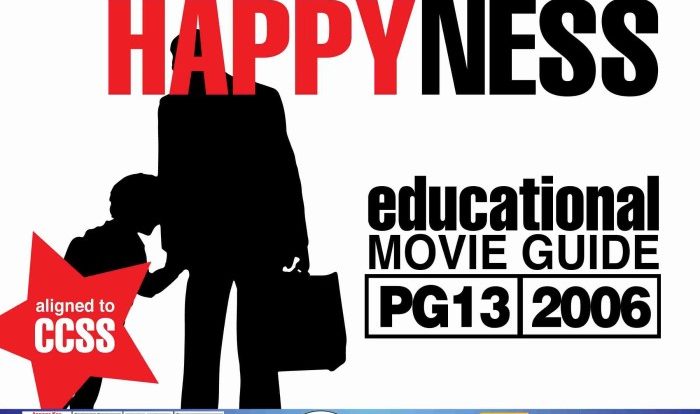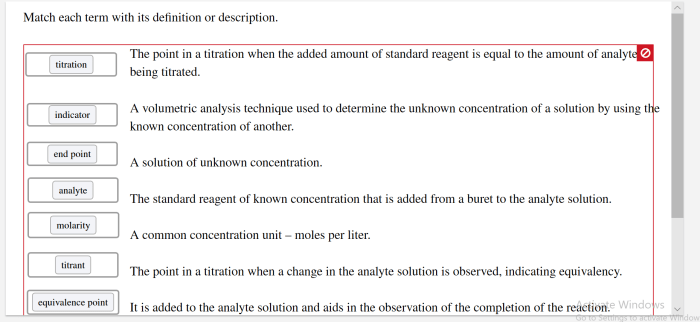The Wordly Wise Lesson 3 Answer Key provides a comprehensive guide to the vocabulary, grammar, and writing concepts covered in Lesson 3. This guide offers clear definitions, examples, and exercises to help students master these essential skills.
This guide is designed to help students understand the key concepts of Lesson 3 and apply them to their own writing. It includes detailed explanations of vocabulary words, grammar rules, and writing techniques, as well as practice exercises to reinforce learning.
Vocabulary List
This lesson introduces a set of vocabulary words that are essential for expanding your vocabulary and enhancing your communication skills. These words are commonly used in academic and professional settings, and mastering them will significantly improve your ability to express yourself clearly and effectively.
To facilitate your learning, we have compiled a comprehensive table that includes each vocabulary word, its definition, a synonym, and an example sentence to illustrate its usage in context.
Vocabulary Table
| Word | Definition | Synonym | Example Sentence |
|---|---|---|---|
| Abrogate | To abolish or annul a law, treaty, or agreement | Repeal | The government decided to abrogate the treaty due to its outdated provisions. |
| Adjudicate | To settle a dispute or controversy by making a judgment | Arbitrate | The judge was asked to adjudicate the custody dispute between the parents. |
| Altruistic | Unselfish; concerned for the welfare of others | Philanthropic | The altruistic volunteer dedicated her time to helping the underprivileged. |
| Ambiguous | Unclear or open to multiple interpretations | Equivocal | The ambiguous statement left us unsure of the speaker’s true intentions. |
| Anomaly | Something that deviates from the normal or expected pattern | Deviation | The sudden increase in sales was an anomaly that puzzled the marketing team. |
Reading Comprehension: Wordly Wise Lesson 3 Answer Key
The Lesson 3 reading passage explores the concept of perspective and how it shapes our understanding of the world. The passage argues that our perspective is not an objective reality but rather a subjective interpretation of our experiences. This interpretation is influenced by our beliefs, values, and personal experiences, which can lead to misunderstandings and conflicts when we interact with others who have different perspectives.
Literary Devices, Wordly wise lesson 3 answer key
The passage employs several literary devices to convey its message effectively. These include:
- Anecdotes:The passage uses personal anecdotes to illustrate the impact of perspective on our understanding of the world. For example, the author shares a story about a time when he was mistaken for a thief because of his appearance.
- Metaphors:The passage also uses metaphors to make abstract concepts more concrete. For example, the author compares perspective to a pair of glasses that we wear, which colors our view of the world.
- Rhetorical questions:The passage poses rhetorical questions to challenge readers to think more deeply about the topic. For example, the author asks, “How can we truly understand someone else’s perspective if we are not willing to put ourselves in their shoes?”
These literary devices work together to create a compelling and thought-provoking passage that encourages readers to reflect on the importance of perspective in their own lives.
Grammar and Usage
Lesson 3 focuses on several important grammar concepts, including subject-verb agreement, pronoun-antecedent agreement, and verb tense.
These concepts are essential for clear and effective communication, as they ensure that the words we use match in number, person, and time.
Subject-Verb Agreement
Subject-verb agreement means that the verb in a sentence must match the subject in number and person. This means that a singular subject takes a singular verb, and a plural subject takes a plural verb.
- The boy runsto the store.
- The boys runto the store.
There are a few exceptions to this rule, such as when the subject is a collective noun (e.g., team, group, family) or when the verb is in the passive voice.
Pronoun-Antecedent Agreement
Pronoun-antecedent agreement means that a pronoun must agree with its antecedent in number, gender, and person. This means that a singular antecedent takes a singular pronoun, a plural antecedent takes a plural pronoun, and a masculine antecedent takes a masculine pronoun.
- The boy losthis book.
- The girls losttheir books.
There are a few exceptions to this rule, such as when the antecedent is a collective noun or when the pronoun is indefinite (e.g., one, anyone, everyone).
Verb Tense
Verb tense indicates the time of an action or event. There are three main verb tenses: present, past, and future.
- Present tense: The action or event is happening now.
- Past tense: The action or event happened in the past.
- Future tense: The action or event will happen in the future.
Each verb tense has its own set of rules for forming the verb. For example, the present tense of regular verbs is formed by adding -s or -es to the base form of the verb.
Spelling and Punctuation
Lesson 3 of Wordly Wise covers several important spelling and punctuation rules. These rules help writers to create clear and error-free text.
One of the spelling rules covered in Lesson 3 is the use of the suffix -ment. This suffix is added to verbs to create nouns that refer to the act or process of the verb. For example, the verb developbecomes the noun development. Lesson 3 also covers the spelling rule for words that end in -cedeor -ceed. These words are spelled with -cedeif they mean “to go” or “to yield,” and with -ceedif they mean “to move forward” or “to succeed.”
In terms of punctuation, Lesson 3 covers the use of commas to separate items in a series. Commas are used to separate words, phrases, or clauses that are part of a series. For example, the sentence “I went to the store, bought some groceries, and cooked dinner” uses commas to separate the three items in the series.
Examples from the Reading Passage
The following examples from the reading passage illustrate the spelling and punctuation rules covered in Lesson 3:
- Development(noun formed from the verb develop)
- Concede(verb meaning “to yield”)
- Proceed(verb meaning “to move forward”)
- I went to the store, bought some groceries, and cooked dinner.(commas used to separate items in a series)
Summary Table
The following table summarizes the spelling and punctuation rules covered in Lesson 3:
| Rule | Example |
|---|---|
| Suffix -ment | development (from develop) |
| Words ending in -cede or -ceed | concede (to yield), proceed (to move forward) |
| Commas to separate items in a series | I went to the store, bought some groceries, and cooked dinner. |
Writing Application
The writing style used in the Lesson 3 reading passage is characterized by its clarity, conciseness, and objectivity. The author uses simple language and short sentences to convey complex ideas in an accessible manner. The passage is also well-organized, with a clear introduction, body, and conclusion.
The author’s purpose is to inform readers about the importance of word choice and its impact on communication. The intended audience is students who are learning to write effectively. The author provides specific examples and exercises to help students apply the writing techniques to their own writing.
Suggestions for Students
- Use clear and concise language.
- Organize your thoughts logically.
- Use specific examples to support your points.
- Proofread your work carefully.
Essential Questionnaire
What is the Wordly Wise Lesson 3 Answer Key?
The Wordly Wise Lesson 3 Answer Key is a comprehensive guide to the vocabulary, grammar, and writing concepts covered in Lesson 3 of the Wordly Wise program.
What does the Wordly Wise Lesson 3 Answer Key include?
The Wordly Wise Lesson 3 Answer Key includes detailed explanations of vocabulary words, grammar rules, and writing techniques, as well as practice exercises to reinforce learning.
How can I use the Wordly Wise Lesson 3 Answer Key?
You can use the Wordly Wise Lesson 3 Answer Key to review the key concepts of Lesson 3, practice your vocabulary, grammar, and writing skills, and prepare for quizzes and tests.


